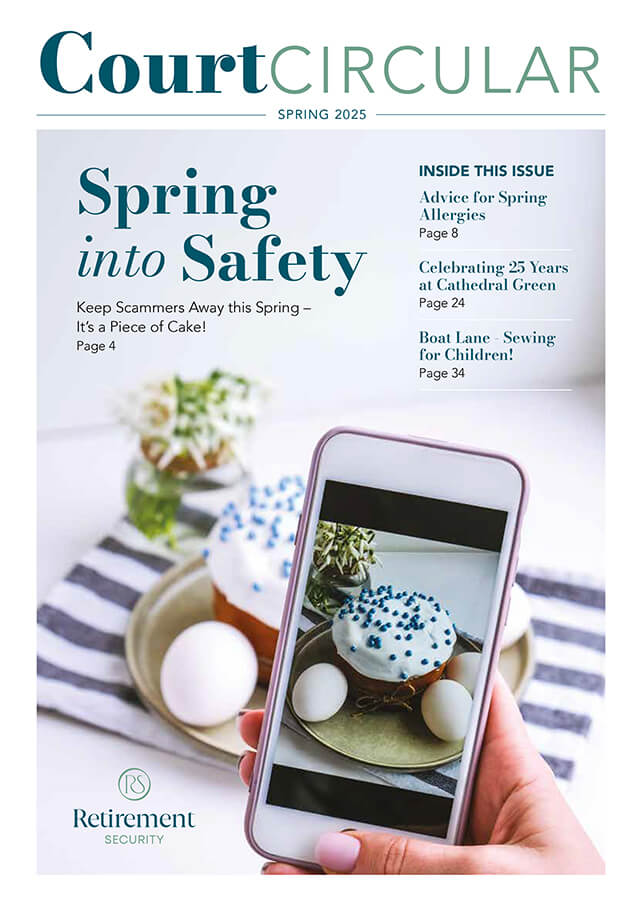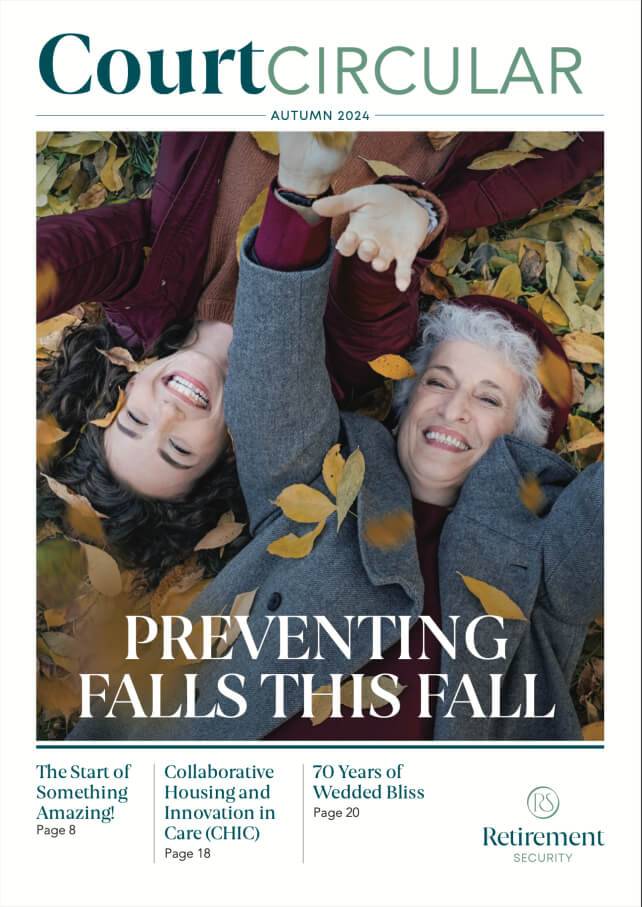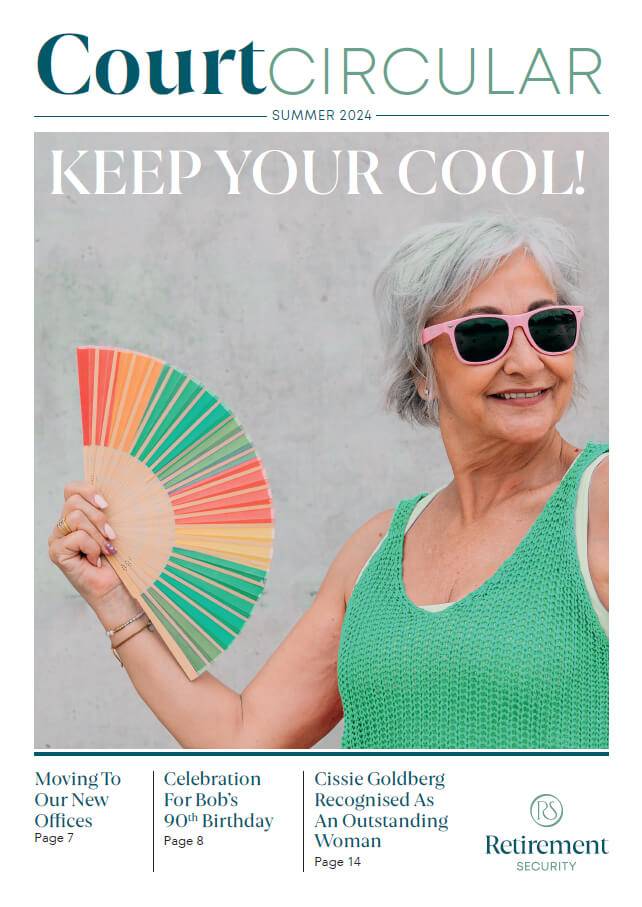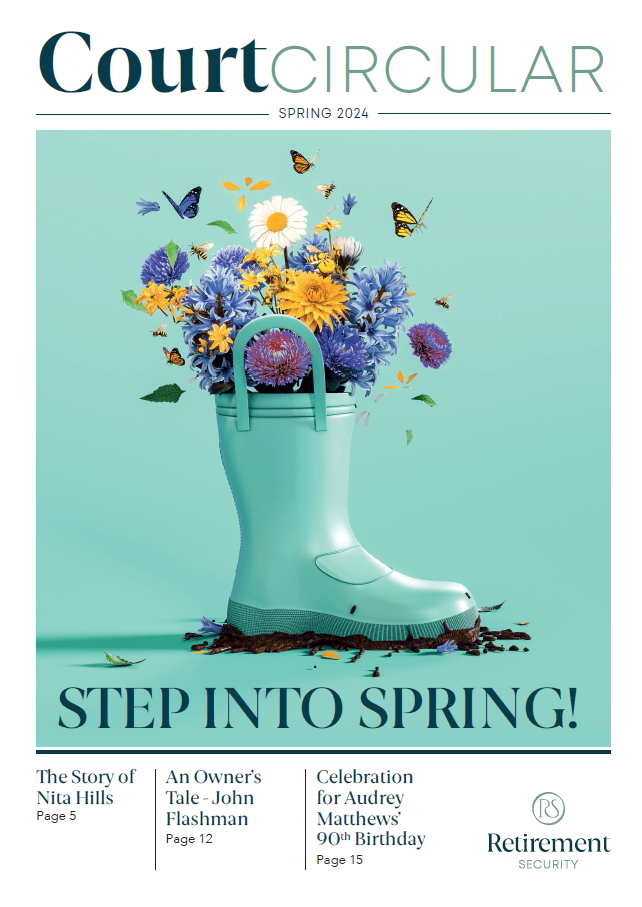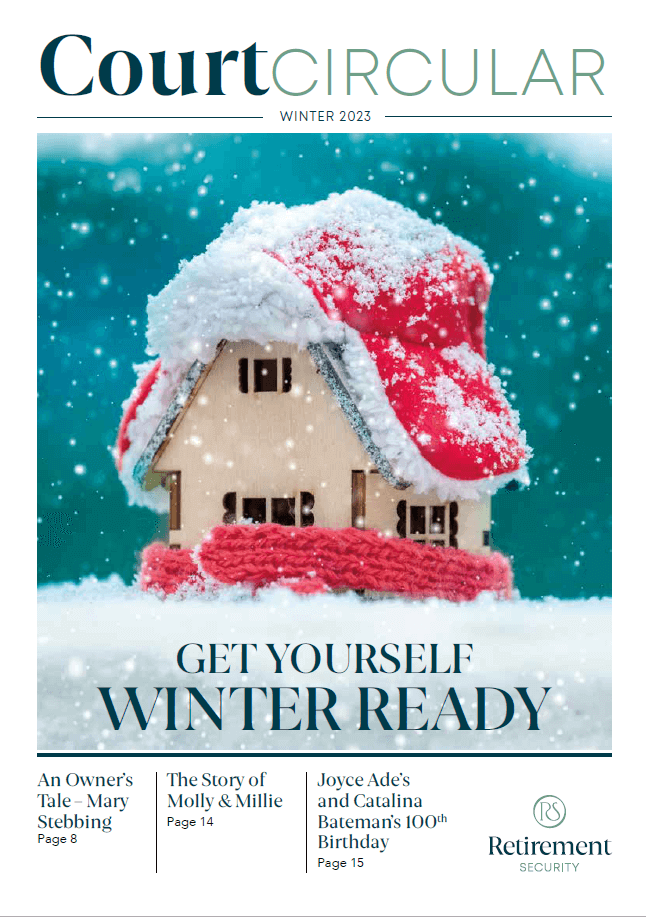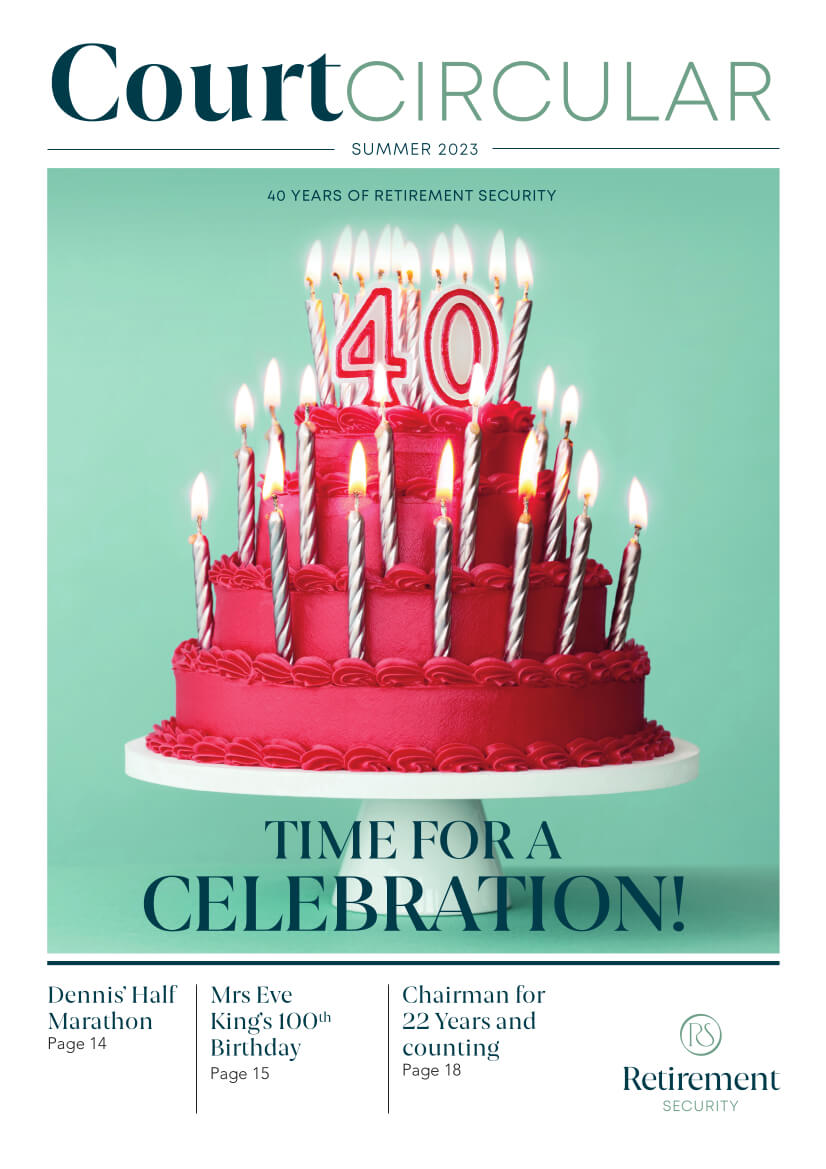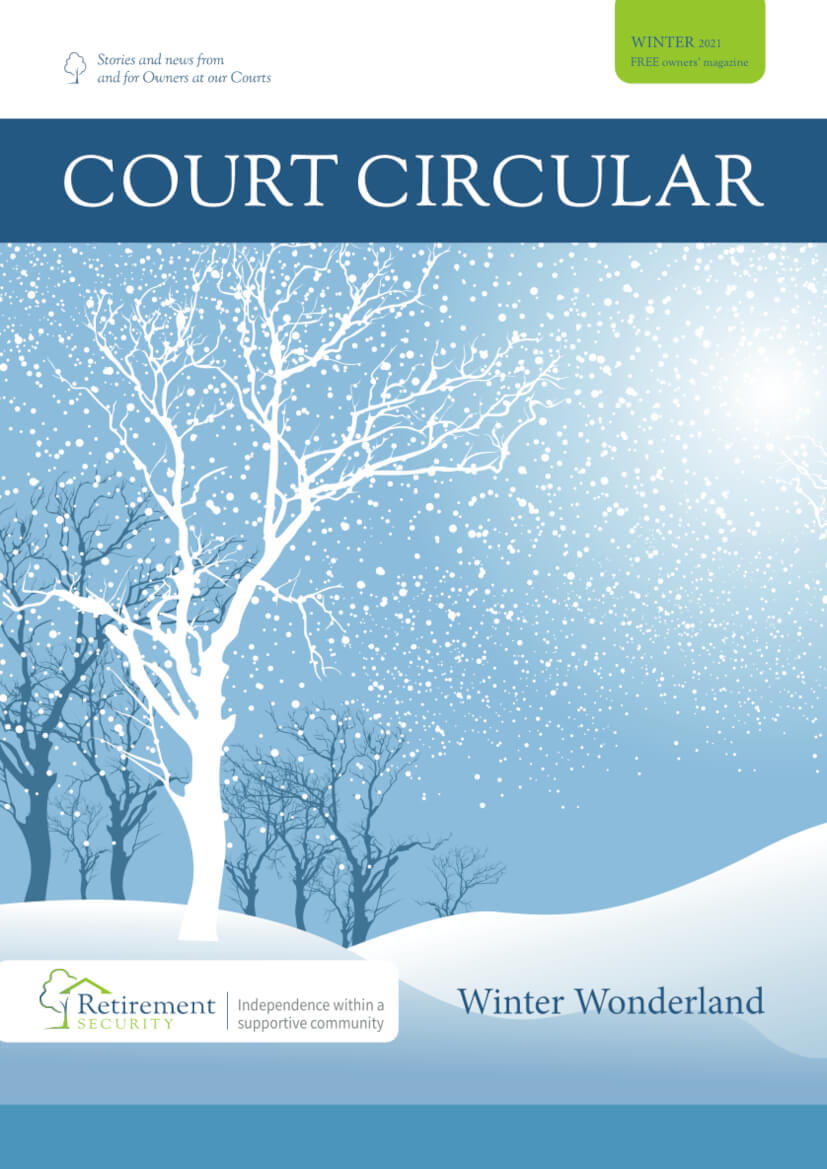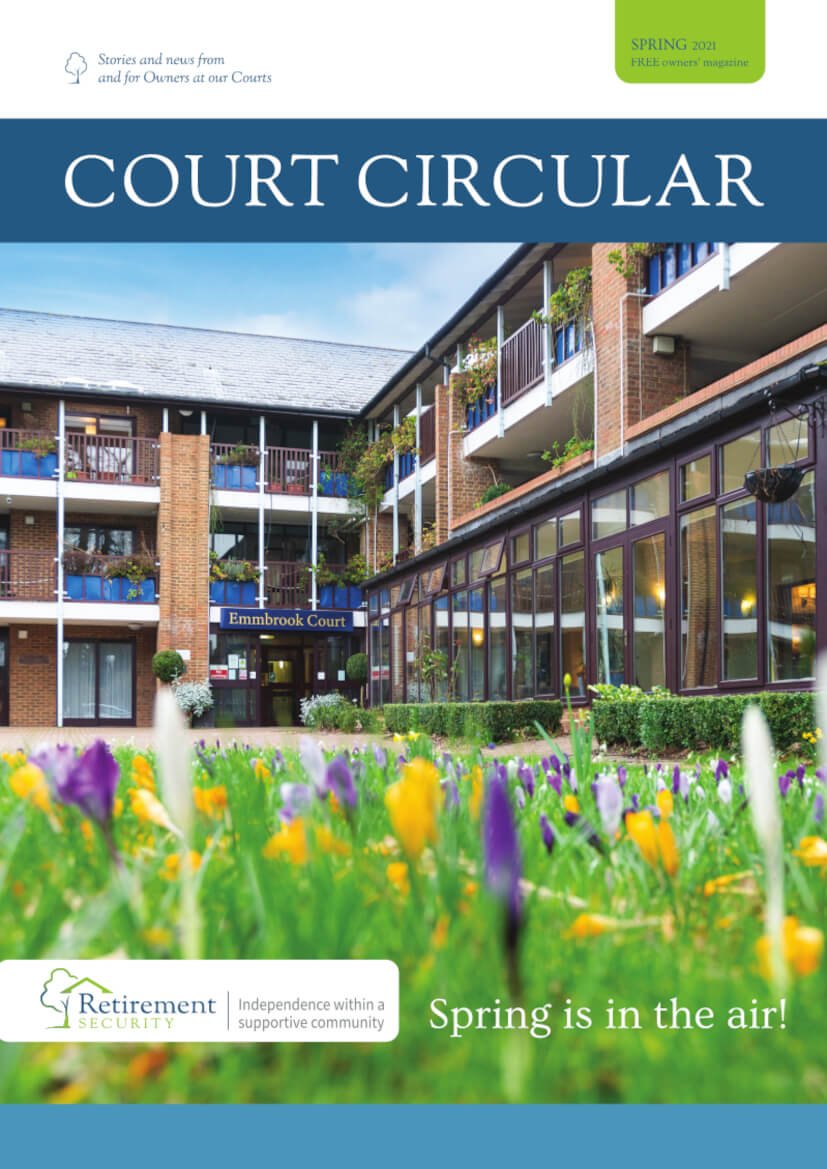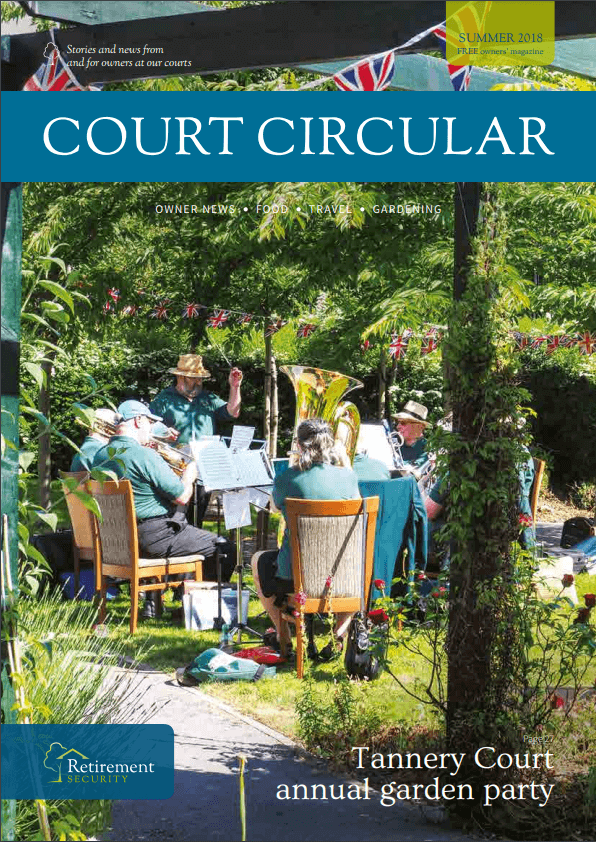Top Tips: Keeping warm and well this winter
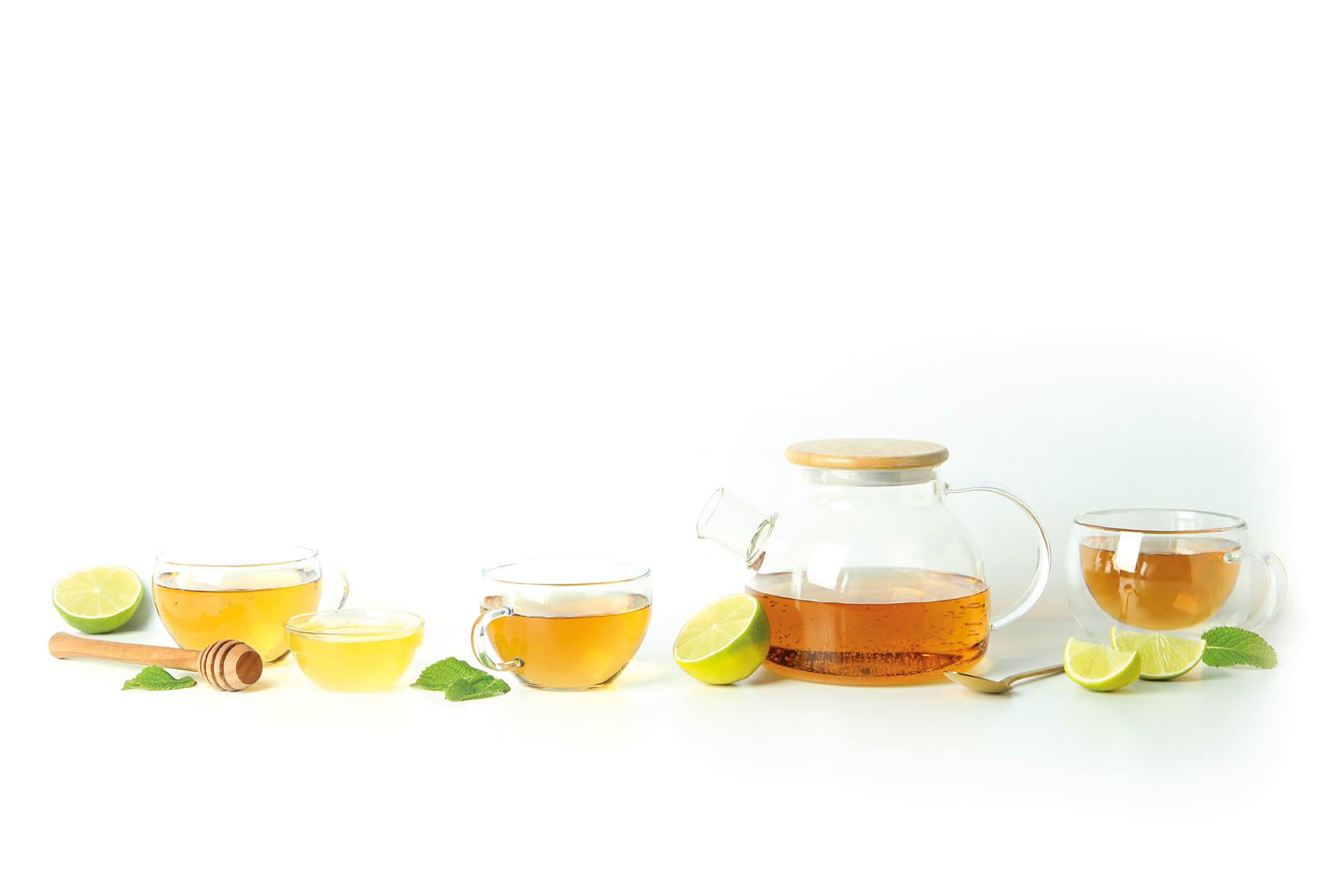
Keeping warm in winter is especially important as we get older, as changes to our bodies often means cold weather and winter bugs affect us more than they used to. However, there are things you can do to stay warm and well. Age UK recommends:
Keep moving
A little bit of activity now and then is a great way to help you keep warm, as well as help you maintain strength and mobility.
Eat well
Hot food and drinks can help you keep warm, so try to have one hot meal a day and as many hot drinks as you can.
Get your winter vaccinations
Respiratory viruses are more widespread in winter, so it’s especially important to get your vaccinations. Vaccinations are particularly important this winter as flu and coronavirus levels are expected to rise.
Make sure your home is warm enough
Try to heat your home to a steady and comfortable temperature throughout the day in the rooms you use most, such as the living room and the bedroom – usually around 18oC (64oF) is ideal. If there are rooms you don’t use, like a spare bedroom, turn off the radiators in that room and close the doors. This will help you save on energy costs while keeping warm in winter. At dusk, close all the curtains and keep the windows closed to help keep heat in when the weather’s at its coldest.
Stop the spread of germs
As well as getting vaccinated, there are some other simple measures we can take to reduce the spread of illness. Regularly washing your hands with soap and water; catch coughs and sneezes in a tissue; avoid close contact with people who are unwell.
Wrap up well
Wearing plenty of layers is the best way to keep warm in winter. Take extra layers with you when going outdoors because the temperature can drop significantly when the sun goes in.
Stay stocked up
It’s a good idea to make sure you’re prepared – winter weather can be unpredictable and can stop you from getting out and about.
Be aware of your heart and circulation
The cold can increase the risk of a stroke or heart attack, as well as hypothermia.
Take extra care when out and about
It’s important to be careful when out and about. Ice and snow can seriously increase your risk of falls.
Did you know?
- If you have less than £16,000 in savings you may be eligible for help towards your dental costs, eyecare costs, healthcare travel costs and wigs and fabric support. If you need help in applying speak to your Services Manager about the NHS Low Income Scheme.
- LED lightbulbs use less energy than traditional lightbulbs, so consider replacing these. Over time, this will save you money on your energy bills.
- When you draw your curtains you should tuck them behind the radiator. Keeping radiators clear helps warm air circulate through rooms.
- Washing clothes at 30°C uses around 40% less electricity over a year than washing at higher temperatures.

Keeping warm in winter is especially important as we get older, as changes to our bodies often means cold weather and winter bugs affect us more than they used to. However, there are things you can do to stay warm and well. Age UK recommends:
Keep moving
A little bit of activity now and then is a great way to help you keep warm, as well as help you maintain strength and mobility.
Eat well
Hot food and drinks can help you keep warm, so try to have one hot meal a day and as many hot drinks as you can.
Get your winter vaccinations
Respiratory viruses are more widespread in winter, so it’s especially important to get your vaccinations. Vaccinations are particularly important this winter as flu and coronavirus levels are expected to rise.
Make sure your home is warm enough
Try to heat your home to a steady and comfortable temperature throughout the day in the rooms you use most, such as the living room and the bedroom – usually around 18oC (64oF) is ideal. If there are rooms you don’t use, like a spare bedroom, turn off the radiators in that room and close the doors. This will help you save on energy costs while keeping warm in winter. At dusk, close all the curtains and keep the windows closed to help keep heat in when the weather’s at its coldest.
Stop the spread of germs
As well as getting vaccinated, there are some other simple measures we can take to reduce the spread of illness. Regularly washing your hands with soap and water; catch coughs and sneezes in a tissue; avoid close contact with people who are unwell.
Wrap up well
Wearing plenty of layers is the best way to keep warm in winter. Take extra layers with you when going outdoors because the temperature can drop significantly when the sun goes in.
Stay stocked up
It’s a good idea to make sure you’re prepared – winter weather can be unpredictable and can stop you from getting out and about.
Be aware of your heart and circulation
The cold can increase the risk of a stroke or heart attack, as well as hypothermia.
Take extra care when out and about
It’s important to be careful when out and about. Ice and snow can seriously increase your risk of falls.
Did you know?
- If you have less than £16,000 in savings you may be eligible for help towards your dental costs, eyecare costs, healthcare travel costs and wigs and fabric support. If you need help in applying speak to your Services Manager about the NHS Low Income Scheme.
- LED lightbulbs use less energy than traditional lightbulbs, so consider replacing these. Over time, this will save you money on your energy bills.
- When you draw your curtains you should tuck them behind the radiator. Keeping radiators clear helps warm air circulate through rooms.
- Washing clothes at 30°C uses around 40% less electricity over a year than washing at higher temperatures.


